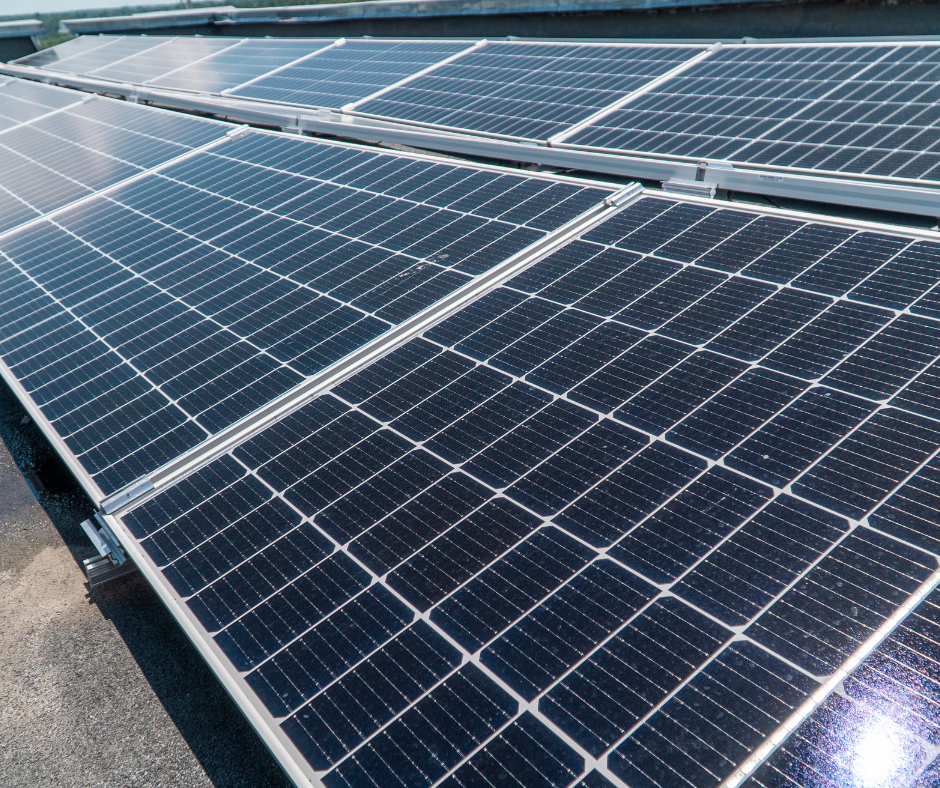Ecoclub has prepared comments to the European Bank for Reconstruction and Development’s Energy Sector Strategy for 2024-2028. The strategy highlights the EBRD’s new institutional and operational policies. It also describes the sectors in which the bank will invest and the country approaches it will take. The Energy Strategy provides guidance on projects in the sector that will be financed in Ukraine and other countries.
– The Strategy should facilitate the synchronization of energy markets, leading to better and faster expansion of renewable energy sources (RES) in regional country groupings.
In particular, given the energy development trajectory of each of the countries and their available energy potential, certain countries have significant prospects for biogas development, which requires investments and establishing cross-border export opportunities for the biogas.
– Producing electricity from natural gas causes a lower carbon footprint compared to coal. However, the technology is an optimal solution only in the short term and, particularly, in gas turbines. Given the limited earth resources and the ongoing energy crisis, replacing coal power plants with gas could not be an investment option, except for renewable gases. At the same time, the modernization of regions and the transition from gas- or coal-fired production should be further incentivized by the rapid introduction of new projects and the gradual, environmentally sound transformation of coal regions.
– The Strategy should be based on stimulating the development of cross-border power transmission lines to increase electricity flows between neighboring countries.
Energy companies will have access to cross-border trade and will be able to optimize their generating capacities. Such flows increase the power system’s flexibility, promote supply security and cross-border trade, and increase the liquidity of electricity markets. In turn, the optimized operation of the power grids, combined with increased competition and higher market liquidity, will reduce prices for end users.
– The key challenge for electrification lies in integrating new RES capacities with energy storage systems. Private investments in energy storage projects are currently limited due to high equipment costs. Therefore, the Strategy should prioritize support for such projects. Additionally, the Strategy should address issues such as limited battery lifetimes, resource dependency in production, and safe disposal.
– Only those projects should be funded that cause no negative impact on the environment and zero carbon emissions over the whole life cycle. Environmental impact assessment of all life cycle stages of product, process, or service should confirm their safety. For example, nuclear energy is considered carbon neutral only when a nuclear power plant is taken separately from the industry. If we look at the entire project life cycle, from nuclear fuel production to its disposal, then nuclear projects cannot be considered environmentally safe.
– The Strategy should encourage locating enterprises producing goods with a higher added value in less economically developed countries, including Ukraine, Georgia, Moldova, Romania, and others.
– An important condition for involving more people in the energy transition is the involvement of municipalities. In this regard, it is necessary to improve the conditions and simplify access to finance for municipalities, particularly by introducing a single financial window. At the same time, the Strategy should encourage not only large communities, but also small ones to implement projects.
– To support local businesses, the Strategy should encourage involvement of local contractors and employees to implement funded projects.
For the development of renewable energy, the Strategy should foster distributed generation, which includes promoting small-scale generation in communities and developing smart, distributed and independent electricity networks.
– One of the essential factors in the energy transition is the awareness of the population, communities, producers, and potential investors about opportunities in this area, modern technological solutions, and support models. Accordingly, the Strategy should include launching and supporting educational programs on energy development and energy transition.
The text drafted by Nataliia Lytvyn, project coordinator at NGO Ecoclub and Energy Transition coalition coordinator.
Contact details: phone: +380989256472, e-mail: n.lytvyn@ecoclubrivne.org
The article was published within the framework of the project “Closing the Loop: A Just Energy Transition Designed by Cities and Regions” by the European Commission. The contents of this publication are the sole responsibility of NGO Ecoclub and do not necessarily reflect the views of the European Union.












